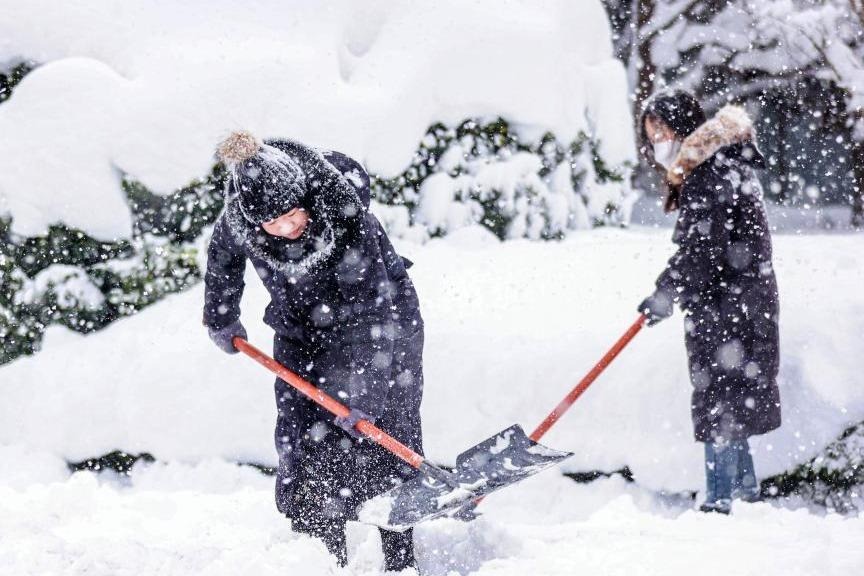Global cooperation urged on disasters

Global experts are calling for strengthened international cooperation to better mitigate the more intense and frequent natural disaster risks brought on by climate change, a key message from a recent conference in Beijing. They emphasized the importance of knowledge sharing, capacity building and technological empowerment in this effort.
"We have traditional risks such as flooding, droughts and earthquakes — types of risks with which we are familiar. However, recently, as global warming intensifies, we have witnessed more intense, large-scale and compound situations that we have not seen before," said Philippe Gourbesville, president of the International Association for Hydro-Environment Engineering and Research.
He underscored the cascading effects of such emerging risks, which may lead to interconnected disasters that threaten the safety of human life and property. He noted that the changing behavior of natural systems has left not only people but also infrastructure designs insufficiently prepared.
To tackle these challenges, Gourbesville proposed strengthened international cooperation to enhance observation and understanding of the mechanisms behind such risks, suggesting setting up a comprehensive network of sensors and monitoring stations across vulnerable regions.
In addition, he proposed the revision of engineering practices to adapt to the new circumstances, deciding on things such as whether buildings should be built to resist or recover from disasters.
He made the remarks at the recent two-day 2nd International Conference on Climate Change and Disaster Risk.
Martin Manuhwa, chair of the Committee on Engineering Capacity Building of the World Federation of Engineering Organizations, echoed Gourbesville's views, emphasizing the fundamental importance of engineering in geoscience to ensure the resilience of buildings and transport networks.
Manuhwa also highlighted the technological advantages that artificial intelligence has brought.
"Things like machine learning and deep learning are effective for disaster classification, identification and notification. However, even with the most sophisticated systems, we still encounter problems and challenges due to the extremeness and unknown of such disasters," he said.
However, for Africa, where he is from, Manuhwa underscored that all the necessary systems, even for traditional disasters, are not yet in place.
"If Africa is left behind, it means the world of humanity is not developed," he said. "We call for collaboration, especially under the Belt and Road Initiative."
He noted that disasters are multidisciplinary and cross-boundary, necessitating knowledge sharing, technology transfer and capacity building, especially in developing countries.
Wang Fawu, a professor of geodisaster reduction at Tongji University and chairholder of the UNESCO Chair on Geoenvironmental Disaster Reduction, emphasized the importance of scientific popularization among the general public.
"The general public often bears the brunt of natural disasters, making it crucial to enhance disaster prevention education for them. Such education could raise their awareness of the severity and patterns of disasters, enabling swift and accurate responses to early warnings and timely evasive actions," Wang said.
Anne-Sophie Stevance, head of the International Science Council's Science and Science-Policy Unit, said that the knowledge base is inherently an international iterative process.
"Disaster risk is one area where we see the need to learn from different regions and different contexts, as risks manifest in different ways," Stevance said.
Today's Top News
- Court hears how trolls bullied Macron's wife
- Trip to give momentum to cooperation
- Xi, Trump to meet amid hopes for stable ties
- Cooperation, coordination key to building Asia-Pacific community with a shared future
- President Xi's vision for Asia-Pacific cooperation
- Nexperia case risks damaging everyone's interests






























